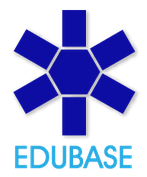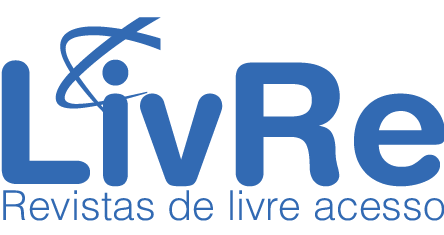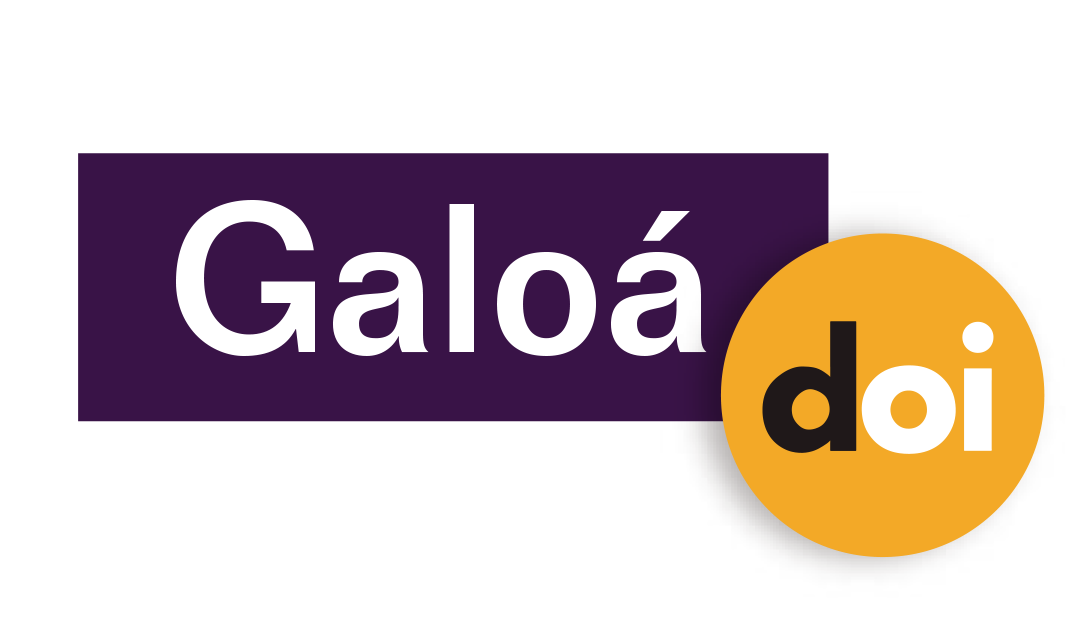Affine Functions and Mixed Problems in Elementary School
Resumo
Background: The understanding of the concept of function is complex for students of Basic Education to. The National Common Curriculum Base (BNCC) recommends that ideas of function, such as regularity, pattern generalisation and proportionality, be studied from the initial years of elementary school. Objectives: We aim to analyse function ideas mobilised by 5th-grade students when solving mixed problems, that is, problems involving operations of addition or subtraction and multiplication or division. Design: This study used a qualitative participant approach. Setting and participants: Thirteen elementary school 5th graders attending a rural school participated in the research. Data collection and analysis: The six groups of students solved four mixed problems implemented by the researcher during class time. The analyses were based on the conceptual fields theory, from audio recordings of the groups’ dialogues, their written productions and through the researcher’s notes. Results: The analyses show that the six groups of students expressed the ideas of function correspondence, dependence, regularity, variable, proportionality, and affine function modelling, and two groups expressed the idea of generalisation. Mixed problems can be associated with affine function ideas and can be solved by students since the initial years. Conclusions: Based on the results and on the conceptual fields theory, we argue that mixed problems should be proposed from the initial years so that ideas of function are appropriated and deepened by students during the school process.
Palavras-chave
Conceptual fields theory; Mixed problems; Additive structure; Multiplicative structure; Initial years
DOI: https://doi.org/10.17648/acta.scientiae.7282
Apontamentos
- Não há apontamentos.
Direitos autorais 2022 Karina Dezilio, Veridiana Rezende

Esta obra está licenciada sob uma licença Creative Commons Atribuição 4.0 Internacional.
ANÚNCIOS
Informamos que, a partir de outubro de 2025, devido ao grande número de artigos na fila de submissão, está suspenso o aceite de submissões. Rebriremos em fevereiro de 2026.
Mais, informamos que sites fraudulentos, https://periodicos-ulbrabr.org e https://periodicos-ulbrabra.org, estiveram se passando pela Acta Scientiae, utilizando nosso nome e identidade visual e até solicitado taxas de APC, que nós não cobramos. Aconselhamos cautela para evitar serem enganados por sites semelhantes.
Conceito A2 na Capes(2021)
Índice h5 do Google Scholar: 13
Índice mediana h5 do Google Scholar:24
eISSN: 2178-7727
Indexações:
A Acta Scientiae é indexada em: | Scopus |  | Latindex |  | Edubase (SBU/UNICAMP) |
 | Sumarios.org |  | Google Scholar |  | Portal LivRe (CNEM) |
 | Journals for Free |  | REDIB |  | Galoá DOI |

Todos os trabalhos publicados aqui estão sob uma licença Creative Commons - Atribuição 4.0 Internacional.
